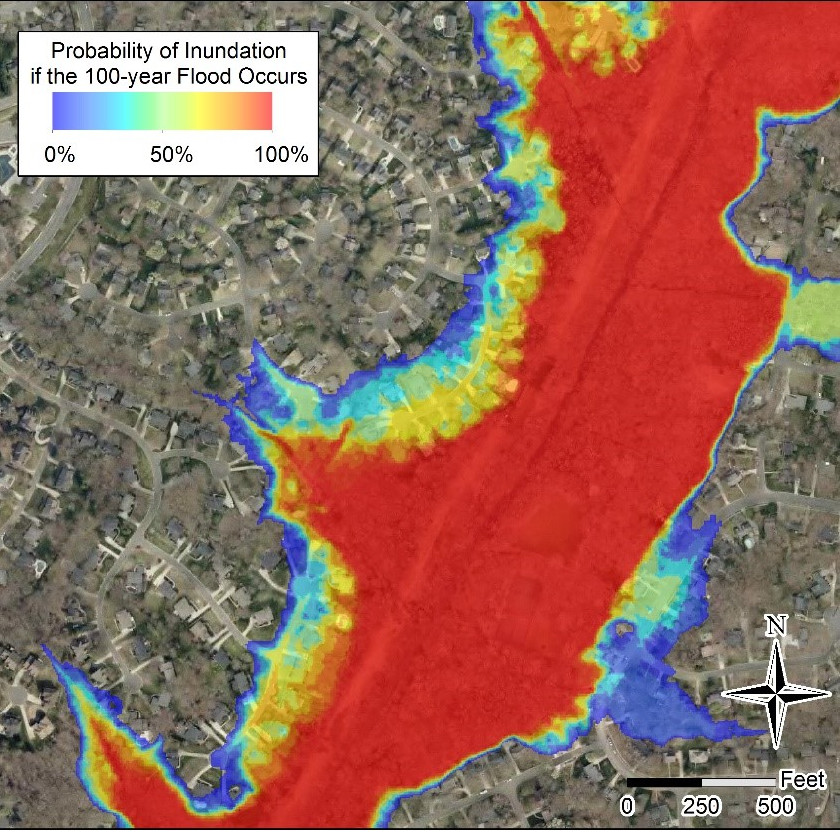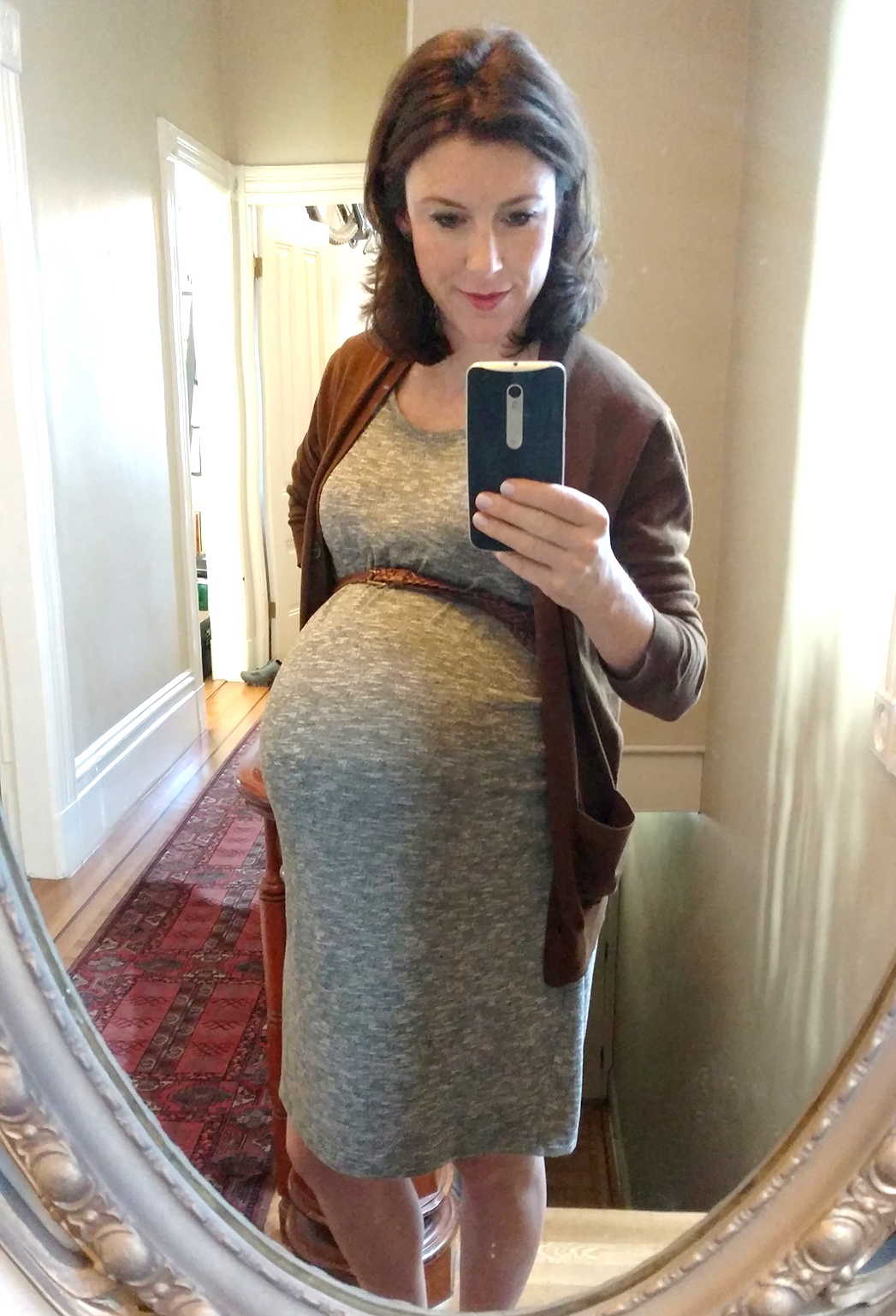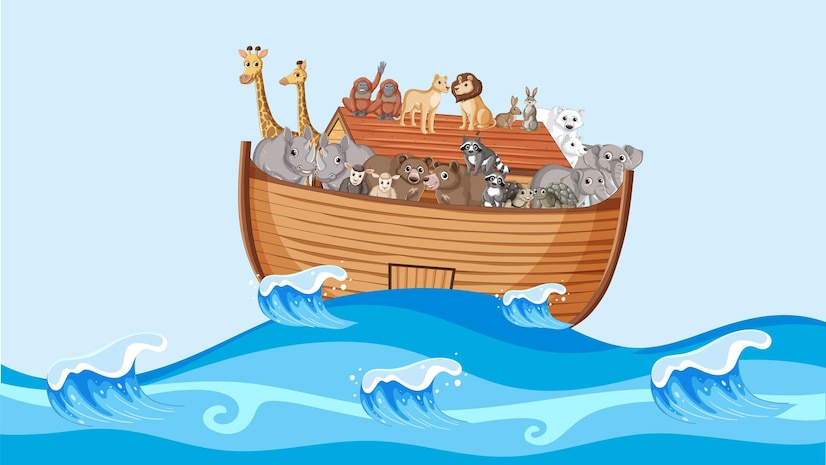Dreams have long been a source of fascination and interpretation, serving as mirrors reflecting our subconscious thoughts, emotions, and experiences. One particularly striking dream scenario is that of being engulfed by a flood. This profound imagery can evoke feelings of overwhelm, fear, and chaos. But what does it all mean? By delving into various interpretive frameworks — from the psychological to the spiritual — we can grasp the multifaceted significance behind dreams of flooding.
Floods, within the realm of dreams, are often symbolic of tumultuous emotions and life events. They serve as metaphors for overwhelming circumstances that inundate one’s psyche. When you find yourself submerged in water during a dream, it could indicate that you are grappling with an avalanche of feelings — whether it be anxiety, stress, or repressed emotions clamoring for attention. By acknowledging these emotions, you might navigate life’s challenges more effectively. The repercussions of ignoring these feelings could lead to inner turmoil, manifesting through dreams of being swept away by an all-consuming tide.
From a psychological standpoint, floods denote the unconscious mind’s attempt to express feelings that are often well-hidden. Flood dreams could signify a need for catharsis, a metaphorical purge of stagnant feelings, or repressed memories. The water symbolizes the subconscious — an unfathomable depth where fears and unresolved issues lie. When flooded, it may suggest that you are being forced to confront these buried emotions, necessitating acceptance and resolution. Carl Jung, the eminent psychologist, would likely advocate for this dream as a journey toward individuation, where the flood signifies not just chaos, but also the opportunity for transformation and growth.
On an alternative note, exploring dream interpretations through a spiritual lens reveals enriching insights. In Christian theology, water is richly symbolic; it represents purity, life, and, paradoxically, destruction. Biblical narratives often portray floods as divine judgment or renewal. For instance, the flood in the story of Noah signifies God’s displeasure with humanity, yet also heralds a new beginning. Therefore, dreaming of a flood within a Christian context may symbolize either the need for self-examination or the experience of spiritual rebirth following a period of turmoil. One might interpret such dreams as a call for repentance or, conversely, as a sign of hope and rejuvenation, suggesting that overwhelming situations can lead to spiritual enlightenment.
Similarly, in Islamic philosophy, water symbolizes divine mercy and life. However, floods often depict both punishment and cleansing. The Quran recounts tales of floods as manifestations of wrath for the wicked but also emphasizes the liberating potential of water. Thus, dreaming of a flood may suggest a need for the dreamer to confront moral dilemmas or a purifying shift in their path. It reiterates the dichotomy of destruction and rebirth, invoking the essence of resilience and faith. Engaging with such dreams could prompt an individual to reassess their life choices and realign their purpose, embodying the Islamic principle of self-reflection.
Transitioning into more universal interpretations, various cultures around the world ascribe different meanings to water and floods in dreams. For instance, in some Native American belief systems, water represents the flow of life and emotional healing, while floods symbolize an upheaval that compels the dreamer to reconsider their life path. These interpretations reflect a common understanding that floods challenge us, urging transformation or re-evaluation in our lives. Dreams of being caught in a flood may serve as a clarion call for personal growth, prompting dreams to confront the areas where they feel stagnant or overwhelmed.
Moreover, Jungian analysis posits that floods in dreams often depict relational dynamics, particularly the instinctual emotions that can overflow into our daily lives. The flood may represent unexpressed feelings in interpersonal relationships, or situations where boundaries have been breached. This type of dreaming can serve as a poignant reminder that emotional honesty and expression are essential. Acknowledging the flood of feelings, discussing concerns with loved ones, and establishing healthier emotional boundaries can preemptively mitigate the feeling of being overwhelmed.
Additionally, floods can symbolize perceived threats in life, unexpected changes, or feelings of inadequacy. Dreaming of being swept away may resonate with the dreamer’s anxiety about losing control. Such an experience might compel individuals to assess their readiness to adapt to life’s uncertainties. Ultimately, floods within the dream world serve as powerful symbols of inner conflict and a mirrored reflection of struggles, eliciting burgeoning awareness of emotional landscapes, allowing a fertile ground for healing and development.
In summary, the dream of being in a flood encapsulates a rich tapestry of interpretations, each revealing layers of emotional, spiritual, and psychological significance. While these dreams can evoke trepidation, it is also essential to recognize their inherent potential for transformation and growth. Whether one draws on psychological frameworks, spiritual insights, or anthropological perspectives, the common thread remains — floods in dreams challenge us to confront uncomfortable emotions, ultimately paving the way for renewal and clarity. Recognizing this symbolism allows for a more profound connection with oneself and the outer world, enriching life’s intricate narrative tapestry.










